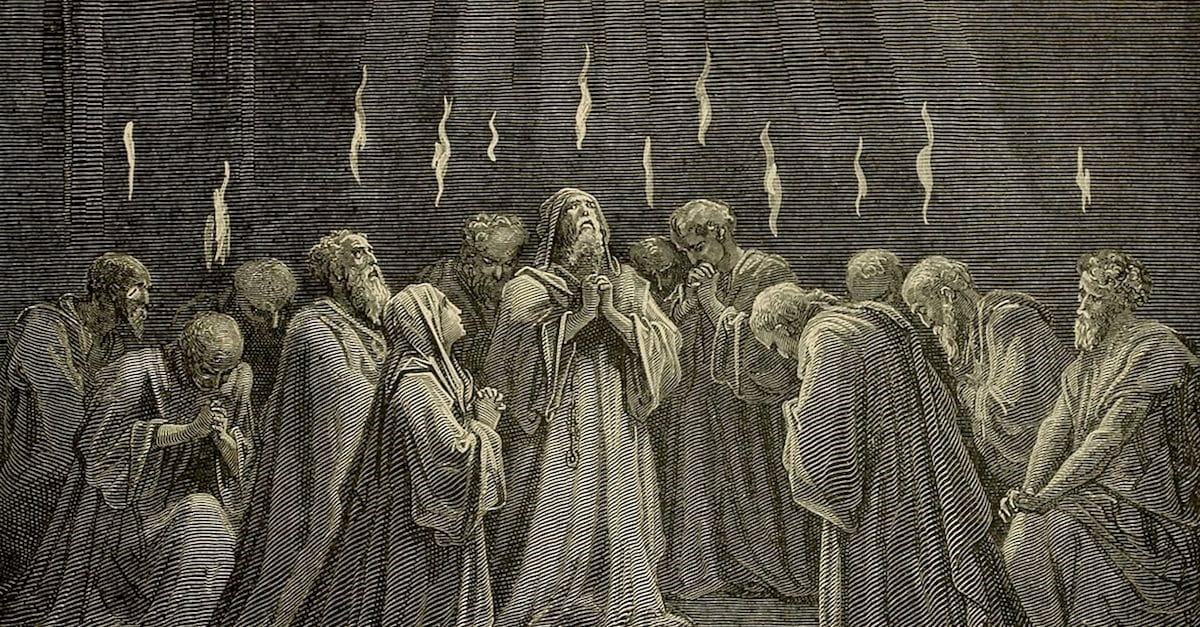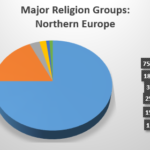Exploring the Religious Traditions That Practice Speaking in Tongues

Introduction to Speaking in Tongues
Speaking in tongues, or glossolalia , is a spiritual phenomenon where individuals utter speech-like sounds, believed by adherents to be divinely inspired or spiritually significant. Although most commonly associated with certain Christian groups, glossolalia occurs across diverse religious traditions and has fascinated anthropologists, linguists, and seekers for generations [2] .
The Practice in Pentecostal and Charismatic Christianity
Pentecostal and Charismatic Christians are best known for speaking in tongues. This tradition traces its roots to biblical accounts, particularly the Book of Acts, where the Holy Spirit enables followers to speak in languages previously unknown to them. Pentecostal churches view glossolalia as a sign of spiritual baptism and communion with the Holy Spirit, often manifesting during worship, prayer, or revival meetings [3] . Charismatic movements within other denominations, such as Catholicism and Anglicanism, also embrace this practice, although typically with less frequency [5] .
Case Study: Pentecostal Worship Service
During a typical Pentecostal service, congregants may enter a state of spiritual ecstasy, leading some to speak in tongues. These utterances are considered a direct expression of the Holy Spirit. In many cases, another member interprets the message for the congregation, believing it to contain spiritual guidance or prophecy.

Source: depositphotos.com
How to Access or Experience Glossolalia in Christianity
If you are interested in experiencing or observing glossolalia within a Christian context, consider the following steps:
- Visit a local Pentecostal or Charismatic church. Many welcome visitors and openly practice speaking in tongues during worship.
- Engage with church leaders or spiritual mentors about the practice and its spiritual significance.
- Participate in prayer groups or revival meetings where glossolalia may occur.
- For those seeking further study, explore resources from organizations such as the Assemblies of God or the Church of God, which provide educational materials and guidance on spiritual gifts.
Glossolalia Beyond Christianity
While Christianity is the most visible context for speaking in tongues, glossolalia appears in a variety of other religions and spiritual practices worldwide [1] :
- Paganism and Shamanism: Glossolalia occurs within certain Pagan rituals and shamanistic traditions. Practitioners enter trance-like states and produce speech-like sounds believed to communicate with spirits, gods, or ancestors [1] .
- Mediumistic Traditions: Mediums in various cultures-such as Haitian Vodou, West African Shango, and the peyote cult among Native Americans-may speak in tongues during ceremonies, channeling messages from spiritual entities [2] .
- Japanese Spiritual Movements: The God Light Association in Japan believed glossolalia could trigger memories of past lives [2] .
- Mormonism: The early Latter-day Saints movement included instances of speaking in tongues, although this practice is less common today [4] .
Example: Shamanic Glossolalia
In Siberian shamanism, practitioners may enter altered states of consciousness, producing sounds and syllables that are believed to facilitate communication with spirit realms or to heal participants. These utterances are not understood as literal language but as spiritually meaningful vocalizations.
How to Access or Observe Glossolalia in Non-Christian Traditions
- Seek out cultural festivals or ceremonies where shamanistic or mediumistic rituals are performed. Many anthropological museums and cultural centers offer educational exhibits.
- Contact practitioners of Pagan, Vodou, or indigenous religions through local spiritual communities or academic departments specializing in religious studies.
- If direct participation is not feasible, consider academic research, documentaries, or ethnographic studies to learn more.
Scientific Perspectives and Linguistic Studies
Anthropologists and linguists have studied glossolalia across cultures, noting similarities in the structure and function of tongue-speaking regardless of religious context. The work of Felicitas Goodman, for example, demonstrated that Christian and non-Christian glossolalia share linguistic features and arise under similar psychological conditions [4] . Rather than being a supernatural phenomenon, some researchers propose glossolalia is a natural human capacity for spontaneous vocalization in altered states.
Challenges to Understanding Glossolalia
One challenge is distinguishing between glossolalia (speech-like but non-linguistic sounds) and xenoglossy (speaking a real, previously unknown language). While believers may attribute supernatural origins, linguistic analysis often shows no recognizable syntax or vocabulary. Another challenge is the diversity of religious interpretations, which can complicate cross-cultural comparisons.
Alternative Approaches and Comparative Traditions
While glossolalia is not universal, many religions have parallel practices involving altered states and spiritual vocalization. Examples include chanting in Tibetan Buddhism, ecstatic prayer in Sufism, and ritual singing among indigenous cultures. These practices share the goal of connecting with the divine or transcending ordinary consciousness.

Source: animalia-life.club
Guidance for Seekers and Researchers
If you wish to explore glossolalia or related phenomena, you can:
- Attend religious services or ceremonies known for ecstatic spiritual practices.
- Consult ethnographic and theological texts, such as Felicitas Goodman’s “Speaking in Tongues: A Cross-Cultural Study in Glossolalia” (University of Chicago Press) or William Samarin’s “Tongues of Men and Angels” (MacMillan Publishing).
- Contact university departments of anthropology or religious studies for guidance on ongoing research or events.
- Search for documentaries or interviews with practitioners to gain firsthand insight.
Key Takeaways
Speaking in tongues is practiced most prominently in Pentecostal and Charismatic Christianity, but also occurs in Paganism, Shamanism, indigenous religions, and other spiritual traditions. The underlying experience may be interpreted as divine language, ecstatic utterance, or spiritual communication. Whether seeking personal experience, academic study, or interfaith understanding, multiple pathways exist for exploring this unique phenomenon.
References
- Wikipedia (2024). Speaking in Tongues – overview and global context.
- Southern Nazarene University (2025). What is Speaking in Tongues? – Christian beliefs and practices.
- Patheos (2019). Glossolalia in Paganism & Occultism – global religious examples.
- Emerson Green Blog (2021). A Naturalistic Explanation of Glossolalia – anthropological research.
- Babbel Magazine (2018). Speaking In Tongues: The Language And Practice Of Glossolalia – language and practice.






